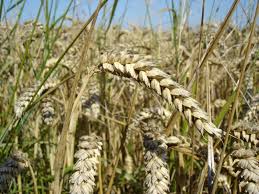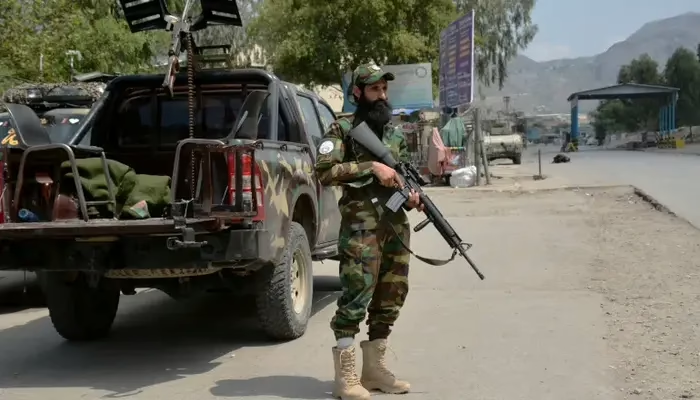How did Wheat crisis arise in Pakistan?

Previously, the per capita price of wheat in Pakistan was Rs. 13-14 but the problem was that even at that price, wheat could hardly be obtained.
It was as if it was a crisis that posed a great challenge to Pakistani people but the question is how did this crisis arise?
The situation was considered at an emergency meeting of the Lahore Chambers of Commerce and Industry on February 5, 1953.
After a detailed review of the situation, chamber officials concluded that the root cause of these problems was the government’s misguided trade policy.
The authorities do not understand the problems and are not capable of solving them. An analysis by chamber officials found that Punjab’s grain markets, which were hitherto considered the cradle of grain in the east.
Now they are being blown away because the government’s control over the grain trade has put an end to the business.
Now only an economist can tell how accurate this analysis was. But what were the effects of government control on grain movement and trade?
This is indicated by a news item published on February 3, 1953. The news said that due to the non-availability of wheat, people have been forced to eat maize and millets. As a result, the movement of these commodities from different markets of the country increased.
In some places, there were reports of difficulties in finding these commodities. Following these reports, the government banned their inter-district movement. The newspaper wrote that after this decision of the government, the business in the grain markets came to an end.
Millions of daily wager laborers in these places have lost their jobs. Unemployment of people involved in the food business has taken its place but the kind of situation that has arisen due to the shortage of other foods including wheat.
A study of the newspapers of the time reveals a very disturbing picture of him. According to a February 5, 1953 report, malnutrition had escalated to the point that in some places people began to fill their stomachs by boiling tree roots and hay.
Muhammad Saeed, a great journalist of that time, has written in his autobiography ‘Ahang Bazgasht’. Similar incidents took place in Sargodha and Lyallpur (now Faisalabad) districts. This type of news came up frequently, which highlighted the issue of lack of food meetings.
The situation was similar in less developed rural areas which were far from the cities, but the manifestations of malnutrition in urban areas were very different and varied.
What steps has the government taken?
Both of these types of news give an idea of the extent of the effects of malnutrition, but also of the steps that have been taken to address the situation.
These reports indicate that instead of adopting a comprehensive strategy in this regard, the concerned authorities are focused more on outward and showy measures.
Immediate action was taken to stop the spread of food items from one district to another. Those who were involved in this act were arrested and punished for the violation. Therefore, in addition to food shortages, general political unrest began to grow.
Another aspect of public unrest also came forth, this linked to counterfeiters and criminal elements who in every crisis become active to take advantage of the compulsion and anxiety of the people.
Therefore, during this period, there were a lot of reports that the smuggling of fake ration cards has reached its peak. The counterfeiters were making and selling fake ration cards for two rupees.
The same factors seem to be behind all these crises, that is, the failure to anticipate future situations, lack of planning to deal with crises, and turning a blind eye to the illegal activities of mighty people.
However, the months and years in Pakistan kept changing but the situation remained always the same. Another evidence of this is the prodigal import of wheat instead of eradicating the root cause of the problem.















